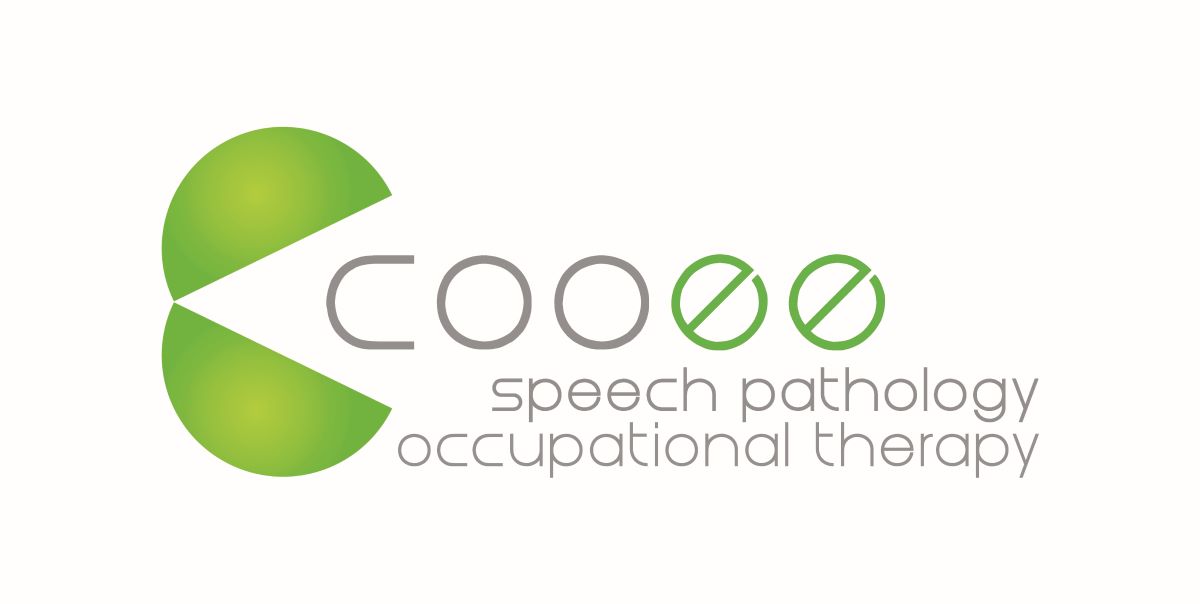Brisbane Speech Pathologists help with literacy
How the speech system lays the foundation for literacy

Clear and fluent speech is essential for ensuring that what we say is understood. But did you know that having clear speech is also important for learning to read, write, and spell?
You’re not alone if this is news to you, but it’s true! Children who have unclear speech are likely to have difficulties ‘sounding out’ words when they’re reading and spelling.
Therefore, it’s really important for children to have clear and fluent speech before they start to read and spell.
Why is clear speech important for learning literacy?
When children are learning to read and spell, they’re learning how speech sounds map onto written letters (sound-letter mapping). If children make errors in their speech, they will likely find sound-letter mapping difficult.
For example, if a child wants to spell the word “cat” they will…
1) say the word to themselves: ‘cat’,
2) sound it out: /k/-/a/-/t/, and
3) remember the letters that represent the sounds and write them down: c-a-t.
However, if a child has a speech error pattern and says “cat” as “tat”, then it’s likely that they will sound out /t/-/a/-/t/ and incorrectly write ‘tat’. This makes learning to spell and read harder than it is for children with clear speech!
Indeed, children that make errors in their speech because of a phonological delay/disorder are at a greater risk for literacy difficulties (Bauman-Waengler, 2014).
See our blog on types of speech sound disorders for more information on types of speech difficulties in children. https://www.cooeespeech.com.au/2018/09/speech-sound-development-from-our-brisbane-speech-pathologists
Support from a speech pathologist is essential for these children in the early years to ensure they have the best start towards a love of reading, and lifelong literacy skills.
Learning literacy also requires a child to have a conscious awareness of the sounds in their language. However, if a child is making errors in their speech then they can often have a poor awareness of sounds in English.
This conscious awareness of sounds is called “phonological awareness”.
What is phonological awareness and why is it important?
Phonological awareness skills are essentially sound analysis skills. They help children to recognise parts of spoken words, patterns in words, and the sounds in words.
These skills are very important for learning to read and spell. In the spelling example above, the child needed to use their phonological awareness skills to break the word into its individual sounds to help them map the sounds and letters together. This is just one example of how phonological awareness skills are used when learning to read and spell.
Phonological awareness skills include:
- Word awareness → understanding what a word is. For example, a child with good word awareness can clap out the words in a sentence, or talk about funny/long/short words
- Rhyme awareness → hearing words that share the same endings. For example a child with good rhyme awareness can recognising rhyming words in a song or book, or make up their own rhyming words
- Syllable awareness → identifying that words have syllables (or beats). For example a child with good syllable awareness can clap out the syllables in words (e.g. e/le/phant), or blend syllables together to make words (e.g. “what word does “ra” / “bit” make?”)
- Blending skills → blending sounds together to make words. A child with good blending skills would be able to recognise that the sounds /b/-/a/-/t/ make the word ‘bat’
- Segmenting skills → breaking words up into their individual sounds. A child with good segmenting skills would be able to break “chip” into its sounds /ch/-/i/-/p/.
- Individual sound recognition → identifying the sounds in words. For example, a child with good sound recognition skills would be able to tell you a word that starts with /s/, or tell you the first sound in a word (e.g. “map” starts with /mmm/”).
What can I do to help my child with speech errors be prepare for literacy?
If you’re concerned about your child’s speech or phonological awareness skills, please get in touch with our Brisbane Speech Pathologists!
To help your child develop their phonological awareness skills at home:
- Talk about words: point out long and short words in books, or count words in books or spoken sentences
- Teach rhyming skills: sing nursery rhymes together, or take turns making up rhyming words (e.g. what rhymes with cat, hat…?)
- Break words into their beats: clap out the beats in words you find in books, or on signs, or even clap out family members names (e.g. E-mil-y, Jack-son).
- Guess words from their sounds: say a word broken into its individual sounds and see if your child can guess the word (e.g. “what’s this word, /c/-/a/-/p/?). Take it in turns!
- Play with sounds: play “I Spy” with sounds instead of letters (e.g. I spy with my little eye something beginning with /sssssss/).
If you have concerns about your child’s speech clarity skills, or their literacy development – we can help! Head to the book now page, to lock in a time with one of our caring speech pathologists, who can do a thorough assessment of your child’s skills.
Written by Stephanie Harris, Certified Practicing Speech Pathologist, Cooee Speech Pathology.
Bauman-Waegner, J. 2014. Articulatory and phonological impairment: a clinical focus. Essex, England: Pearson Education Limited.
